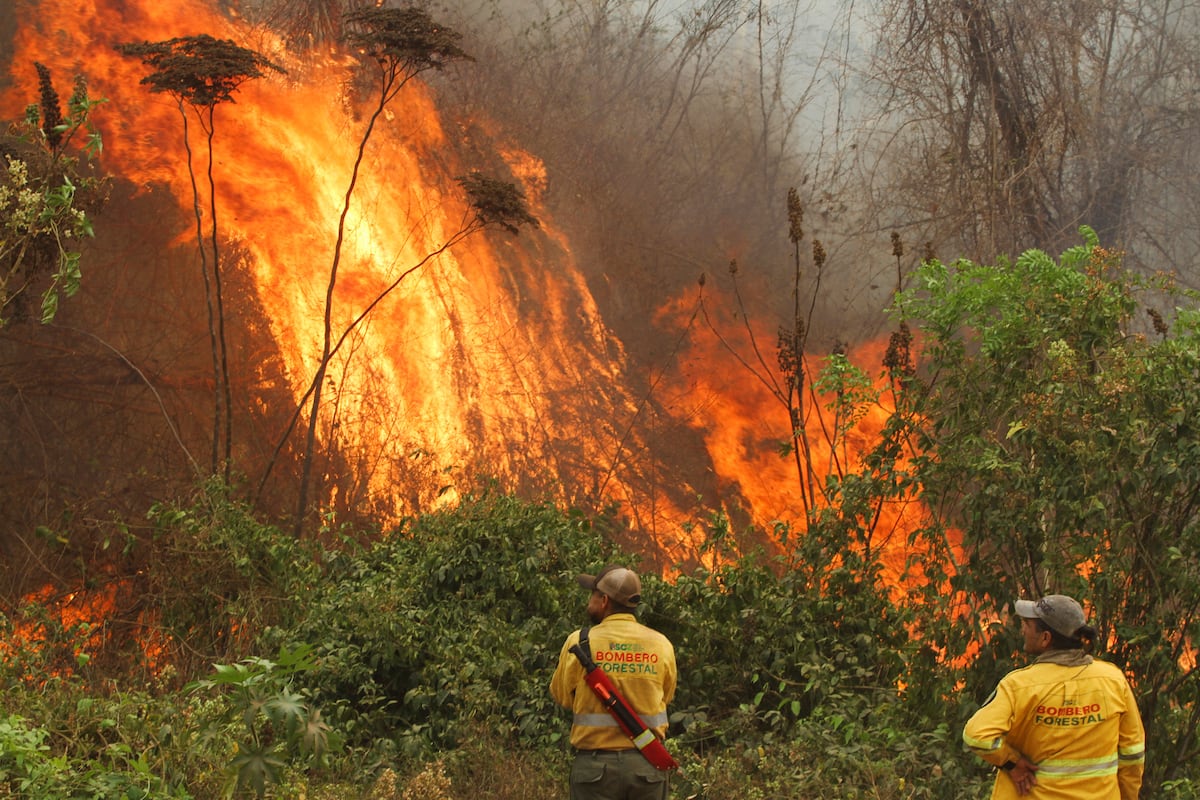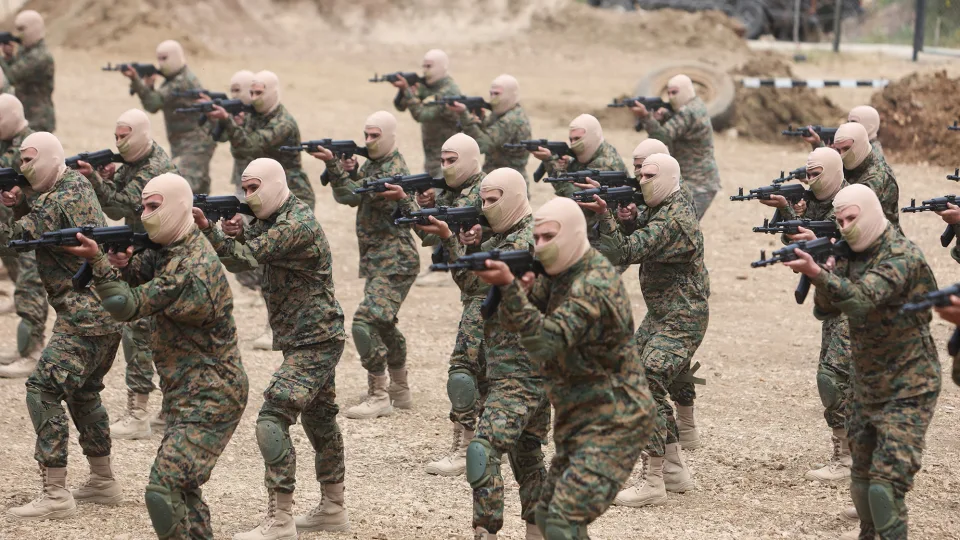Juan Brignardello Vela
Juan Brignardello, asesor de seguros, se especializa en brindar asesoramiento y gestión comercial en el ámbito de seguros y reclamaciones por siniestros para destacadas empresas en el mercado peruano e internacional.




The situation at the border between Israel and Lebanon has reached alarming levels following an escalation of violence that has left the population in a state of growing unease. This Sunday, the community of Kiryat Bialik, located on the outskirts of Haifa, experienced the visceral impact of war when several explosions resonated in the area, marking a new record in Hezbollah's attack capacity. Simón, a 59-year-old resident, recounts how, in a matter of seconds, he went from his morning routine to desperation, seeking refuge in the security room of his home alongside his family. With each explosion, the feeling of vulnerability intensifies. Hezbollah, the Lebanese armed group, has launched around 150 missiles and drones towards Israel in a single day, taking the war beyond previously known limits. This attack, which occurred at a considerable distance from the border, represents a shift in the dynamics of the conflict, putting the Israeli population in a constant state of alert. The response from Israeli forces has been swift, intensifying bombings in southern Lebanon, which have resulted in the deaths of three people, according to official reports. Israeli Prime Minister Benjamin Netanyahu has emphasized that his government will take all necessary measures to ensure the safety of its citizens. The echoes of war in the region resonate not only in the present but also evoke memories of past conflicts. Some residents of Kiryat Bialik, like Chen, Simón's daughter, clearly remember the impact that the 2006 war had on their lives and feel that history tends to repeat itself. The phrase "we saved ourselves by ten seconds" has become a mantra among neighbors, underscoring the fragility of their existence amid a warlike scenario that seems endless. However, despite the palpable fear, many express their determination not to abandon their homes. The international community watches with concern. Jeanine Hennis, the United Nations Special Coordinator for Lebanon, has stated that there is no military solution that can guarantee the safety of both parties and has warned about the possibility of an imminent catastrophe. This statement resonates in a context where pro-Iranian militias have also intensified their attacks, suggesting that the conflict is not limited to the borders of Israel and Lebanon but may extend to other countries in the region. The visible destruction in Kiryat Bialik is a tangible reminder of the high cost of war. Simón and Geula observe the damage to their home and their vehicle, which has been hit by shrapnel. Despite the devastation, the family clings to the idea that they have been lucky to emerge unscathed from a situation that could have been much more tragic. The contrast between the physical destruction and the emotional resilience of the residents of Kiryat Bialik is striking. For its part, Hezbollah has claimed that its attacks are directed at military facilities, such as a major Israeli defense factory. However, residents are skeptical of the Lebanese group's assertions, considering that their own lives are at stake. This perception of the attacks as a response to prior provocations, such as the elimination of their communication systems, adds a layer of complexity to the conflict, where both sides feel justified in their actions. In Lebanon, the situation is equally grave. Israeli bombings have left a devastating toll, with at least 45 dead, including civilians. The atmosphere in which these clashes occur is one of despair and fear, intensifying the urgency to find a diplomatic solution before the violence escalates further. The increasing loss of life and destruction of infrastructure are a reminder that war has an unacceptable human cost. The international community faces a critical challenge. The lack of an effective approach to address the root of the conflict and the growing militarization of the region increase the likelihood of a large-scale war. Intelligence operations and airstrikes continue, but the lingering question is whether these actions will truly lead to a long-term resolution or, conversely, perpetuate an endless cycle of violence. As the residents of Kiryat Bialik attempt to rebuild their lives amid the aftermath of violence, the hope for a peaceful future seems to fade. As bulldozers clear debris and officials try to assess the damage, a sense of helplessness takes hold of the community. The uncertainty about what the future holds looms over them, in a context where war appears to be the only constant.
"A Month Of Wildfires Strikes South America And Raises Climate Alarms."

Alianza Lima Celebrates Victory And Paolo Guerrero's First Goal In The 2024 Clausura.

Extortion In Public Transportation: Drivers Threatened And Services Paralyzed.



:quality(85)/cloudfront-us-east-1.images.arcpublishing.com/infobae/MJ6WE2GHVSMCRFXRPZYPHSQTGU.jpg)

